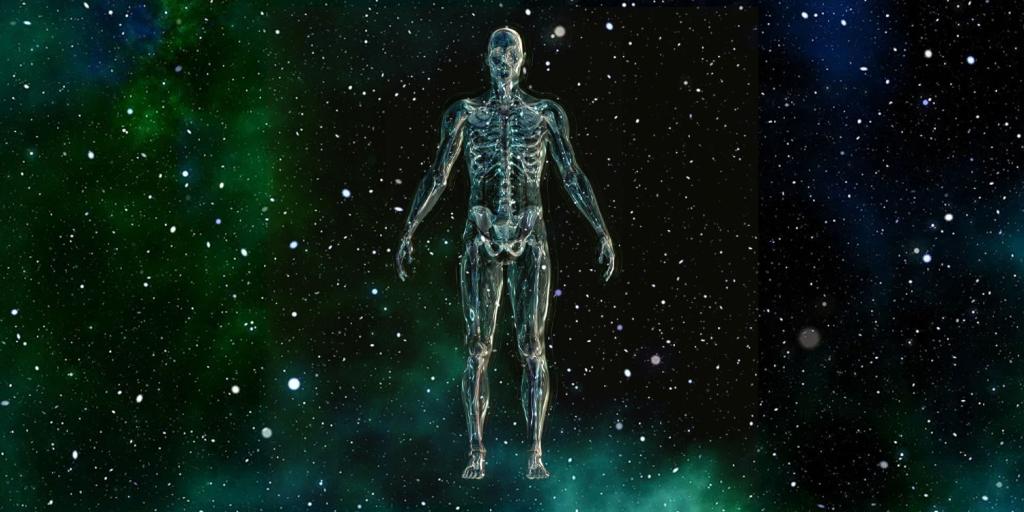
Humans Not Designed for Outer Space
As mankind “boldly goes” to space to study and learn, scientists are studying the effects of microgravity on the body and the brain. They have found that spending long amounts of time in space (six months or more) causes changes in the brain’s anatomy (Reuters, June 8, 2023). Results from NASA-funded research show prolonged exposure to microgravity causes body fluids to pool in the brain and cause the brain’s ventricles to become enlarged. Scientists also discovered it takes three years in Earth’s gravity for the brain to recover. This led researchers to suggest that astronauts should not go on back-to-back extended trips to space.
Researchers have long known that age-related expansion of brain ventricles leads to decreased cognitive abilities. So, it appears that space travel may negatively impact the thinking ability of those spending extended time in space. Some scientists are encouraged that ventricular changes in the brain do not increase further between six months and a year, which may bode well for extended space travel, for example, to Mars. However, there is no data on brain recovery time after these longer trips. Scientists also know that time spent in space causes “bone and muscle atrophy, cardiovascular changes, issues with the balance system in the inner ear and a syndrome involving the eyes. Elevated cancer risk from the greater exposure to solar radiation that astronauts may encounter the further they travel from Earth is another concern.”
Human beings have longed to travel to the stars. However, as more research is conducted, it is becoming obvious that the human body was not made for space but was designed to operate on Earth. Mankind may one day venture into space, but not as flesh and blood human beings. This will only come when humans are changed from mortal to immortal after the resurrection (1 Corinthians 15:50–54). To learn more about mankind’s future in space, read “The Universe and You!”



